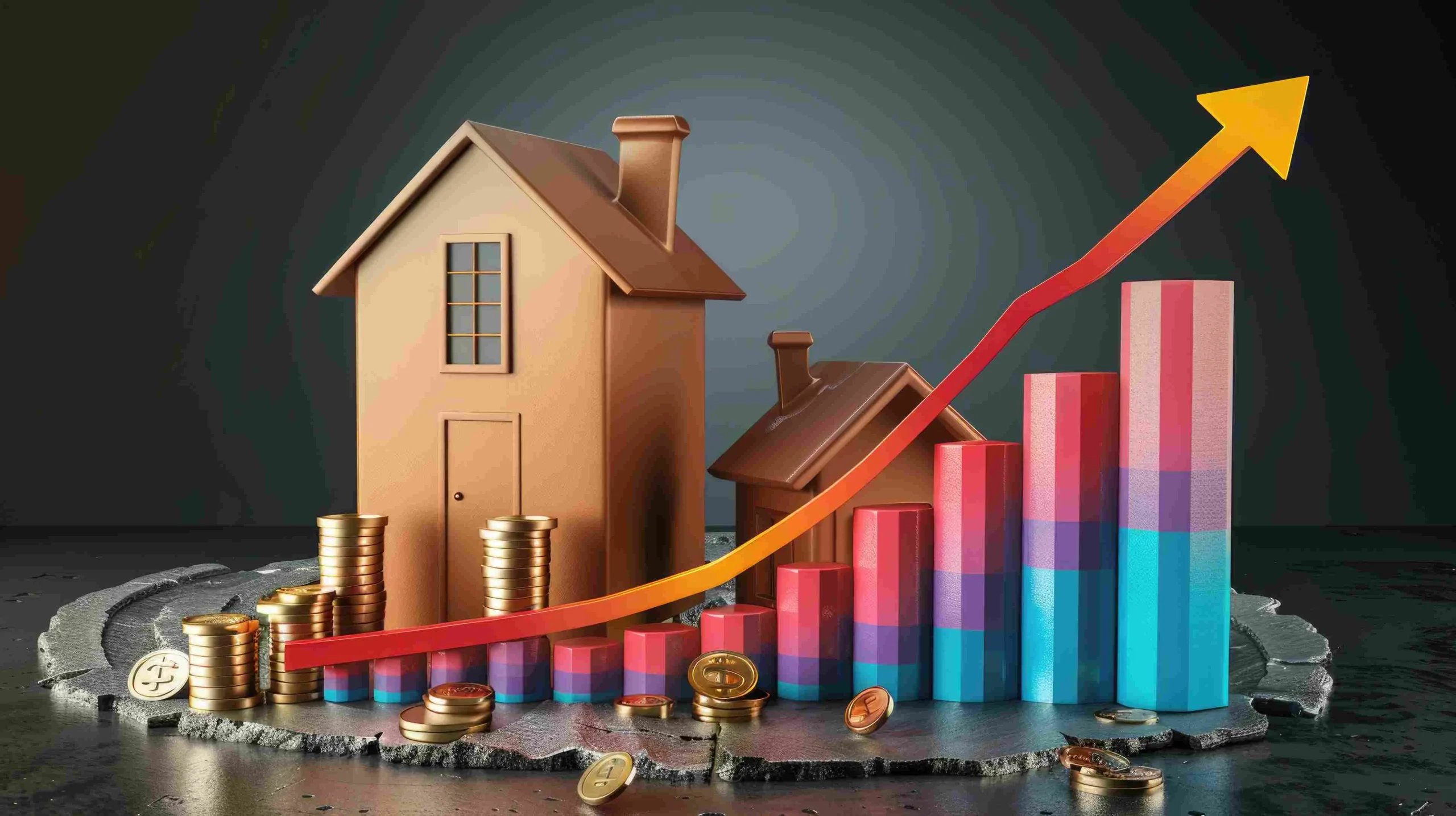Why Real Estate is the Ultimate Safe Haven Amidst Rising Inflation
Inflation is gradually eroding the value of money, making it harder to maintain purchasing power. That’s when real estate stands out as a stable and reliable investment option with long-term benefits. Here’s how:
Real estate appreciates over time. It’s a non-depreciating asset, especially when invested in plots and buying a villa in Bangalore. Villas typically grant individual land ownership.
- Tangible Asset
Real estate is a physical asset that won’t lose value simply because currency fluctuates or the market is volatile. In times of inflation, unlike stocks or bonds, real estate is physical, enduring property that you can utilise.
With inflation, the cost of building materials, labour and land generally increases, making existing real estate properties more valuable over time. Properties with unique features or located in a high-demand location appreciate, irrespective of economic fluctuations.
In India, cities like Bangalore and Mumbai continue to see demand for residential and commercial spaces. People are more inclined to invest in real estate that not only maintains but grows in value.
- Rental Income
The most attractive aspect of real estate investment during inflation is the potential for rental income. Not only does it offer a stable flow of income but investors can increase rent to keep pace with inflation.
Though the preference for working from home is high, still 59.1% of full-time employees are working from site. Then it’s quite obvious, inflation or not, employees are less likely to move out elsewhere due to rising costs. It’s a good competitor for gold investment.
Unlike many other tangible and non-tangible investments, real estate offers dual benefits i.e., the value of the property appreciates and the rental income also adjusts to inflation.
- Appreciation
Real estate has historically shown strong appreciation. In India, property value appreciates rapidly with infrastructural development, business growth and population expansion. When inflation hits, construction costs rise which drives the prices of new developments up making existing properties more valuable.
- Hedge against Inflation
According to Anarock Analysis, real estate prices increased at a Compound Annual Growth Rate (CAGR) from 6.7% in 2022-23 and 5.4% in 2023-24.
As the population continues to increase, the demand for housing grows. The money is losing its purchasing power due to the increase in general prices of goods and services and the demand for housing is pushing the prices up.
Real estate generates rental income, which is directly proportional to inflation. Investors and homebuyers can further borrow funds by leveraging their obtained assets.
The rate of interest also increases during the inflation period. Investors who have opted for a fixed-rate home loan benefit from lower borrowing costs in real terms enhancing the profitability of real estate investment. Property value outpaces the interest on a mortgage or loan. Real estate preserves and grows investor’s wealth amidst inflation.
Real estate as an investment portfolio is much safer as compared to stocks and bonds. Check out which is a better investment: Stocks vs Real Estate.
Here’s a quick Stocks vs Real Estate comparison:
| Factor | Real Estate | Stock Market |
| Type of Investment | Permanent structures like apartments, villas, plots | Shares of publicly held companies |
| Advantages | Stable long-term investment, not prone to market swings | Higher short-term returns, easy to buy/sell |
| Disadvantages | High maintenance costs require substantial capital | High volatility, can loss of money if the company underperforms |
| Income Potential | Consistent rental yields, passive income | Potential for high returns through stock appreciation |
| Liquidity | Less liquid, selling takes time | Highly liquid, can buy/sell quickly |
| Investment Variety | Buying, renting, leasing options | Investing in various sectors through different stocks |
| Tax Implications | Property taxes vary by jurisdiction | Capital gains tax is dependent on the holding period and account type |
| Business Risk | Generally lower, tied to property market conditions | Higher, tied to company performance and market conditions |
How Real Estate and Stock Market Complement Each Other
Sharing his seasoned insight, Deva says, “Most regular stock market investors can figure out when the market may go down or stabilise. During that time, they exit from their investments and invest in other assets.”
Tips For First-Time Home Buyers | How to PLAN and BUY | The Blueprint | Ceyone | Ep. 02
“Housing, whether for investment or personal use, takes a major chunk of these investments. People often sell their portfolios when stocks reach the expected returns. Historically, whenever the stock market peaks, housing prices increase as well.”, he further adds. Concluding, he adds, “As both the stock market and investors mature, stocks and real estate complement each other. The reverse is also true. If the market is attractive and you have multiple real estate investments, you might sell one and invest back into stocks.”













